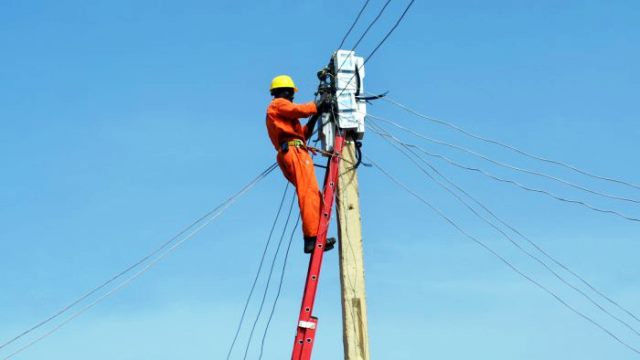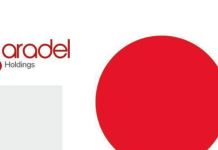The Abuja electricity distribution company (Disco) which distributes electricity to the Federal Capital Territory (FCT), Kogi, Nasarawa and parts of Niger states has reported that up to 240,000 people are illegally connected to its network, and consuming electricity unlawfully.
The Disco also disclosed that in nine of the 32 areas of its network, where it has achieved over 80 percent metering penetration, it found that it loses up to 20 percent of its revenue from supplies made to the areas, indicating a prevalence of dishonest practices despite the availability of meter.
In a draft of its Performance Improvement Plan (PIP) which was submitted to the Nigerian Electricity Regulatory Commission (NERC), the Disco stated that it currently has 440,976 prepaid meters in its network.
But, it pointed out that 50 percent of consumers who owned prepaid meters do not vend or procure units regularly.
“AEDC estimates about 240,000 illegal connections (free riders) in the franchise area. Roughly 40 per cent of this number are documented free riders.
“These customers had sometime in the past applied formally to AEDC for connections but could not be connected due to unavailability of meters and a regulatory provision inhibiting connection of new customers without installing meters.
“These connections have been prioritised under the Meter Asset Provider program for quick metering and regularisation under the MAP program,” said the Disco in the draft PIP.
It further explained that: “The remaining 60 per cent who have connected illegally will be regularised through the unauthorized access to electricity regulation. This initiative is driven by a task force with support from the public through direct solicitation through the various media platforms.”
According to the Disco, the 440,976 prepaid metered customers in its network consume roughly 22 percent of the energy it gets from the national grid daily but contributes about 30 percent of its revenue.
“About 50 percent of these customers do not vend or procure units of energy credits for their meters regularly with many of the meters being faulty or obsolete leading to huge losses.
“The revenue protection unit carries out analysis of vending patterns of customers to enable it to focus efforts on identifying commercial loss hotspots within the network,” it indicated.
It equally noted that a properly constituted revenue protection unit routinely reviews the customer database to identify customers with meters aged seven years and above to carry out integrity tests on them, as well as analyze data by running queries to generate exception reports on customers with suspicious consumption patterns.
It noted that a core regulatory requirement in the sector was to bridge the metering gap. “Areas with close to 100 per cent-meter penetration still have losses above 20 percent.
A major cause of the higher than usual losses in these locations is as a result of energy theft – (meter bypass), and faulty meters leading to inaccurate energy readings given that such meters are already at the end of their useful life (served beyond 10 years since manufacture),” it said.
According to the Disco, this has to be addressed to ensure business sustainability and performance improvement.
Source: THISDAY












